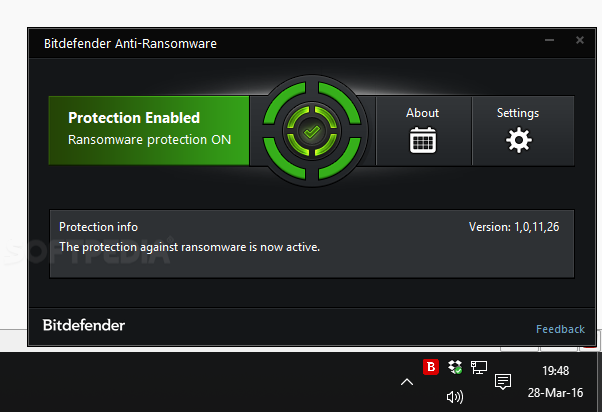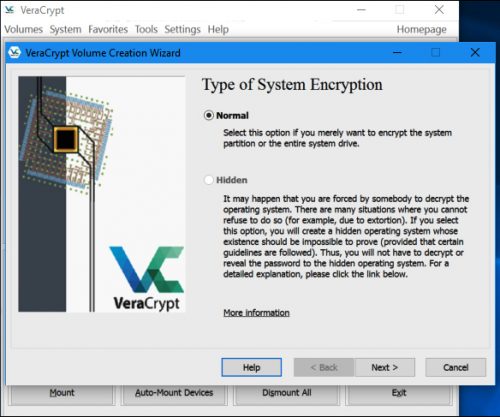

- #Crypto locker linux how to
- #Crypto locker linux Patch
- #Crypto locker linux windows 10
- #Crypto locker linux software
- #Crypto locker linux code
The techs need to download software updates from the vehicle manufacturer onto a flash drive, plug the flash drive into the vehic. Unlike it predecessors, once CryptoLocker infects, no security software can undo its harm. Like its predecessors, spyware, rogue antivirus software, and the DOJ/FBI viruses, CryptoLocker’s motivations are financial. The laptops the technicians use have BitLocker encrypted hard drives. CryptoLocker infects a computer, and secretly encrypts its most precious files and demands a ransom for the data.

I used to be fairly active around the more casual parts of the Spiceworks Community here, a few jobs ago. This Cryptolocker thing did stir me into resuming USB thumbdrive backups which have otherwise been gathering dust, in case a Linux version appears, it wasn't that long ago since the failed Hand Of Thief trojan. Crypto ransomware is more common and widespread than locker ransomware. (OR: Man, This Decade Kinda Stinks) IT & Tech Careers The virus encrypts local and network share drives and then demands either. Cryptolocker is an extremely dangerous and virulent ransomware trojan. They are unable to navigate to websites, they can't access shared drives, nor can their m. CryptoLocker is such an evil virus that I wanted to create this resource of useful information and links.
#Crypto locker linux windows 10
A user suddenly lost network access, even though Windows 10 says the machine is connected to the internet.
#Crypto locker linux how to
This is a strange one, and I'm not sure how to resolve it. A block cipher is a deterministic algorithm that operates on data blocks and allows encryption and decryption of bulk data.
#Crypto locker linux Patch
Ditto when it comes to patch management to keep everything as attack-resistant as is possible in terms of not enabling vulnerabilities to give attackers an entry point to your networks and data. Multiple intrusion prevention layers from simple spam-filtering to DNS protection are a no-brainer. This means addressing the human factor with a focus on security awareness and training, and that includes everyone from the shop floor to the top floor. Mitigation against Linux ransomware threats is no different from mitigation against Windows ones: get the security basics right. "Although not unique, it is rare to see ransomware appear on Linux," Gavin Matthews, a product manager at Red Canary, said, "while cloud assets can often be reimaged or redeployed to remove threats like ransomware, the increase in Linux threats stresses the need for better detection and protections against threats that bring down applications, put customer data at risk, and hurt business operations." The CryptoLocker ransomware attack reinforces the importance of data backups. MORE FROM FORBES Whodunit? The $1 Billion Bitcoin Election Day 'Heist' Mystery Solved By Davey Winder But it does show how the threatscape is evolving, with this porting of a dedicated Windows threat into a Linux one. There are some Linux specific threats already, and the likes of RansomEXX have infected Linux servers after using Windows as a gateway for the attack. Although it must be pointed out that Linux servers have, of course, been successfully targeted by ransonware actors before. As far as I am aware, this is the first time that Windows ransomware has made this operating system jump. What is new is the porting of the ransomware to Linux, the targeting of Linux servers directly. RansomEXX itself, however, is not new: it's been a prevalent Windows threat for some time. Kaspersky cites attacks on the Texas Department of Transportation and Konica Minolta. What's more, this is also a very real-world threat as large organizations have already fallen victim to RansomEXX.
#Crypto locker linux code
So much so that each code sample they examined contained the name of the organization being attacked.


This is, the researchers said, a highly targeted Trojan. Now Kaspersky researchers have detailed a new file-encrypting Trojan called RansomEXX that attacks Linux machines.


 0 kommentar(er)
0 kommentar(er)
